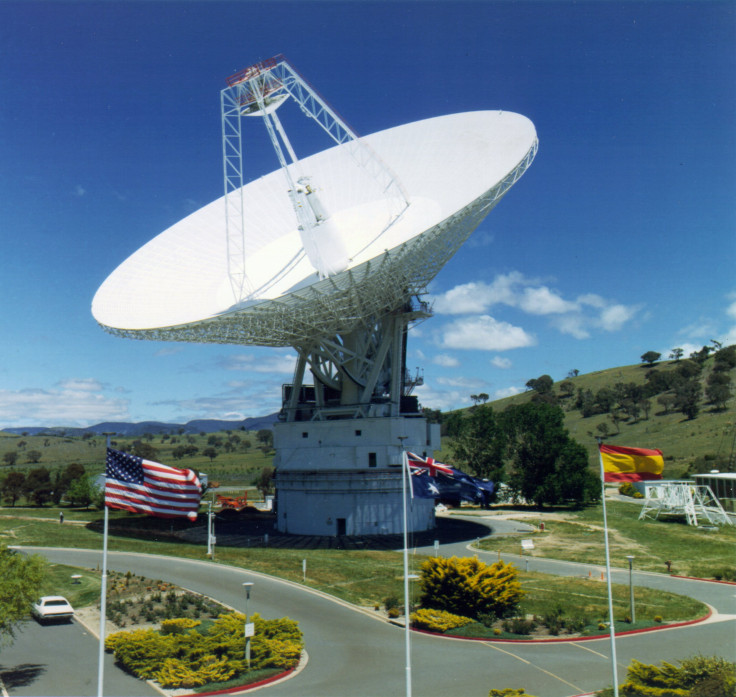Australians ‘spending money unnecessarily’ for landlines

A recent study by a website specialising in comparisons of products and services found that only 29 percent of Australians use their landline regularly. However, 55 percent of Aussies still subscribe to landline services.
An analyst has then concluded that Australians are “spending money unnecessarily” on landline bills. Meanwhile, mobile users are getting new treats from telcos and discovering the advantage of using virtual phone cards.
Australians still paying for landline are likely to be wasting money, Angus Kidman, editor-in-chief of Finder.com.au, wrote on the Sydney Morning Herald. He points out that 52 percent of baby boomers (a term generally used for people born between 1946 and 1961) still use their landline for phone calls. In contrast, only 10 percent of Generation Y (born between 1981 and 1994) are landline users. The survey involved 2,500 Australians.
For their part, mobile telcos are expanding services to make things easier for smartphone users. Peter Moon, a technology lawyer, recently wrote about Telstra’s Wi-Fi reach in New Zealand.
“For those of us who recall the earliest days of Skype, when Internet calls seemed a miracle even though the quality was often poor, the clarity of sound Telstra achieves over a reasonable data connection is impressive,” reads Moon’s article in the Financial Review.
Telstra, however, is set to hurt about one million residential and business users with higher landline bills. This development has made it into recent headlines, with Telstra spokesman Steve Carey saying that the company had tried to manage the increases. Effective Oct. 1, Telstra landline users will pay $1 to $2 every month, the Herald Sun reports.
Kidman also pointed out that using mobile phones is likely to be cheaper than calling via landlines. Rates have improved much since the launch of non-bulky cellphones two decades ago. Most mobile plans offer unlimited calls and texts to local numbers, making it possible for users to spend only $20 a month for all their mobile calls.
What is clear, however, is that landline users know it is more practical to make international calls with a mobile phone. Only four percent of Aussies in the Finder survey had stuck with their landline for international calls.
Some users point out that having a landline is a safety measure during power outage. When there is a massive typhoon, for example, a lot of people can rely on their landlines to call their loved ones or ask for situation reports. However, there are now landline services that rely on power supply to work. Kidman then told Australians to look for providers that offer a landline, or something that works like a landline, as part of a package with no extra charges.






